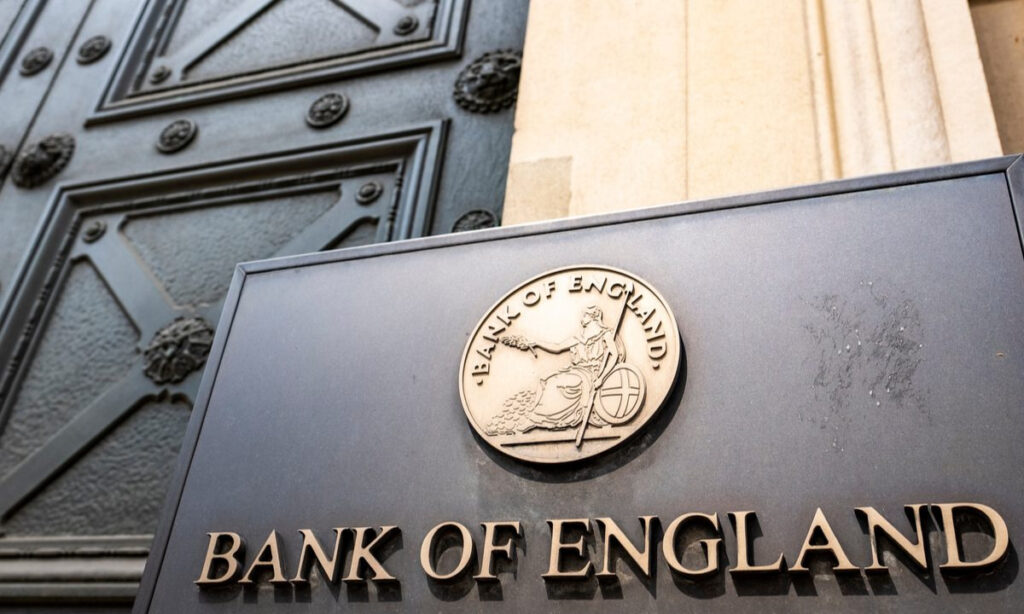In the realm of stablecoins, the regulatory landscape of the UK’s financial sector is poised for transformation as the government evaluates a power realignment between the Bank of England (BoE) and the Financial Conduct Authority (FCA). His Majesty’s Treasury’s recent consultation response, unveiled on August 7, highlights imminent changes centered on payments regulation and systemic perimeter. This development responds to evolving financial stability risks, particularly within “systemically important stablecoins,” and envisions collaborative co-supervision by the BoE and the FCA.
Empowering the Bank of England

In an effort to strengthen regulatory control and maintain financial stability, the British government’s consultation response highlights several key measures for overseeing systemically important stablecoins. The central tenet of the proposal is to vest co-supervision responsibilities for these tokens within both the Bank of England and the Financial Conduct Authority. However, the BoE is slated to gain an elevated level of authority in this partnership.
A noteworthy aspect of the proposed changes is that the Bank of England could intervene to prevent the FCA from taking action against a stablecoin provider. Additionally, the Prudential Regulation Authority would be empowered to hinder the FCA’s involvement in specific actions if these actions raised concerns about financial stability.
Looking Forward: A Vision for Digital Money & Stablecoin

While the majority of respondents to the consultation recognized the necessity for the Bank of England to hold a dominant supervisory role over future payment entities with systemic significance, there were calls for greater clarity regarding the scope and boundaries of its authority. The delicate balance between authority and limitations remains a focal point of discussion as stakeholders seek a well-defined regulatory framework.
Related: PayPal’s Entry into Stablecoin Market: Competition and Regulatory Concerns
This development comes after Bank of England Governor Andrew Bailey’s assertions that cryptocurrencies and stablecoins lack fundamental qualities required for being recognized as money, citing issues of singleness and settlement finality. Instead, he proposed the exploration of “enhanced digital money” as an alternative route to harness the benefits of digital innovation while ensuring financial stability.
Conclusion
As the UK’s financial landscape evolves, the Treasury’s response emphasizes collaborative supervision between the Bank of England and the Financial Conduct Authority. While bolstering oversight on systemically important stablecoins, finding the optimal power balance between the entities remains crucial. These evolving regulatory dynamics will significantly shape stablecoins and digital innovation in the UK’s financial sector.



![Pionex Review ([currentyear]): Trading Bots, Fees, and Pros & Cons 9 Pionex Review Featured Image](https://coinwire.com/wp-content/uploads/2023/08/pionex-review-featured-image-1024x683.jpg)
![Best Crypto Exchanges in UAE and Dubai to Buy Bitcoin ([currentyear]) 10 Best Crypto Exchanges In Uae And Dubai Featured Image](https://coinwire.com/wp-content/uploads/2024/01/best-crypto-exchanges-in-uae-and-dubai-featured-image-1024x683.jpg)
![Cardano vs Solana ([currentyear]): Is Cardano or Solana better? 11 Cardano Vs Solana Featured Image](https://coinwire.com/wp-content/uploads/2023/06/cardano-vs-solana-featured-image-1024x683.jpg)
![Paybis Review ([currentmonth] [currentyear]): Is It Safe and Legit? 12 Paybis Review Featured Image](https://coinwire.com/wp-content/uploads/2024/05/paybis-review-featured-image-1024x683.jpg)